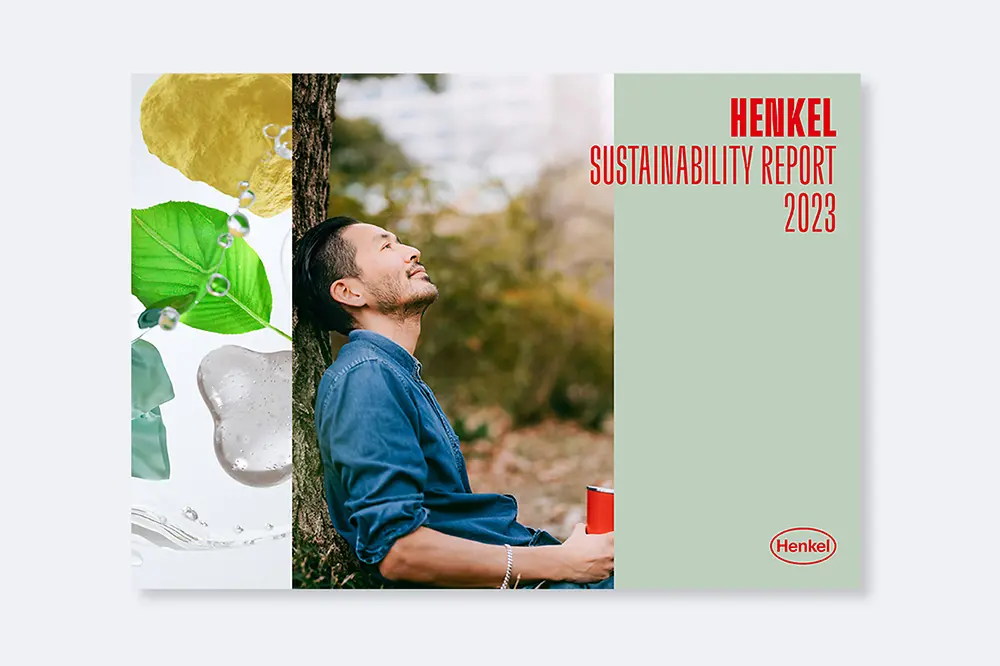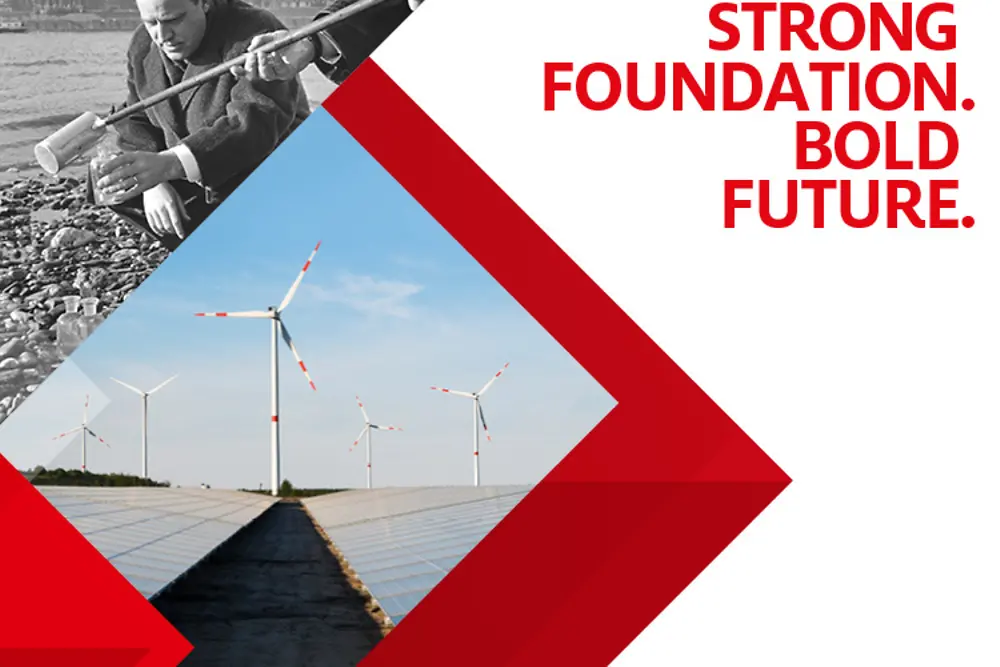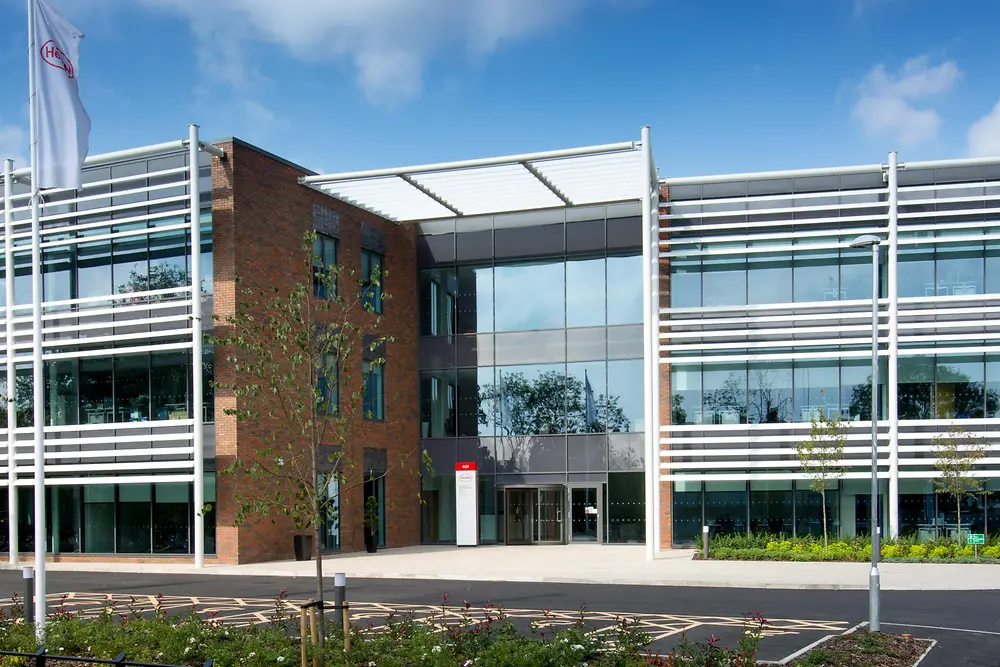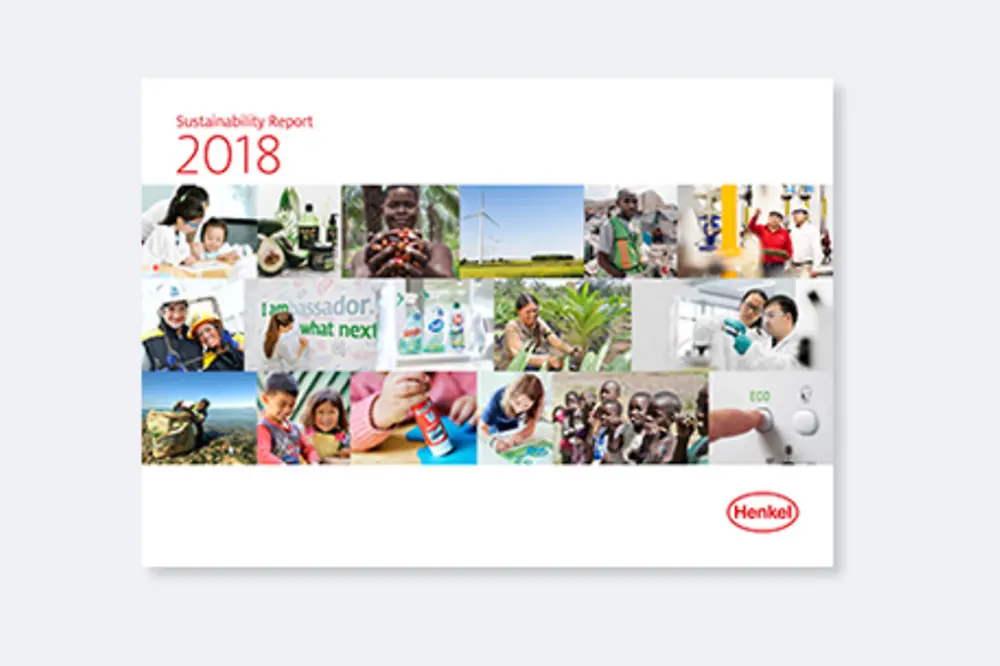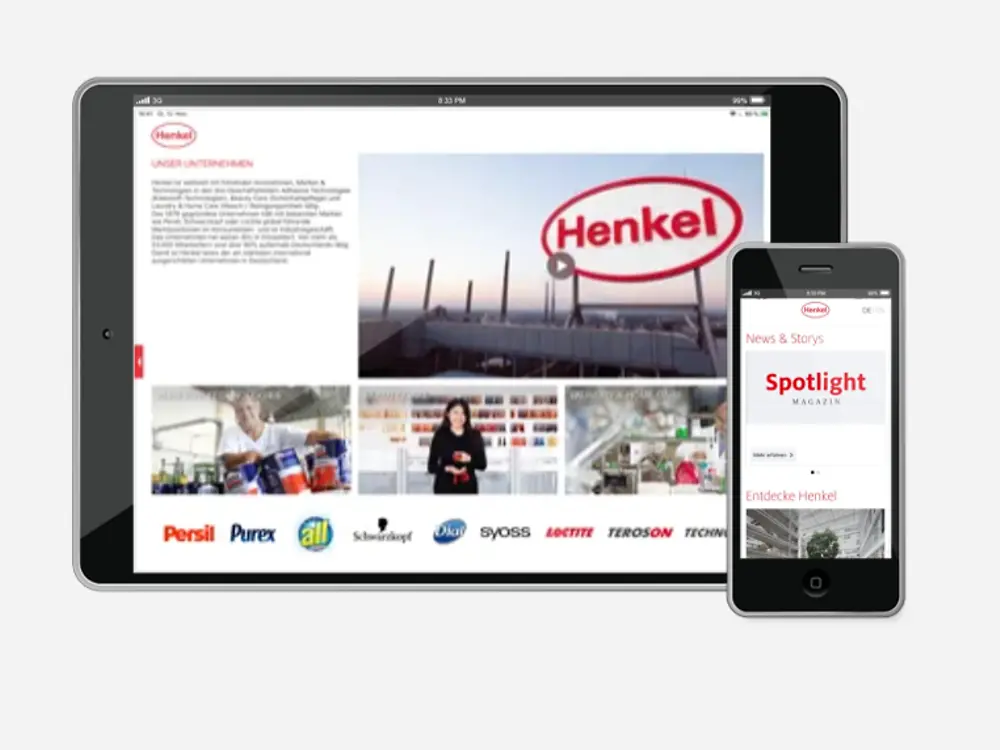Learn more about Henkel Brands & Businesses in UK & Irelands: Includes useful information about the brands, technologies and latest innovations in our business areas: Adhesive Technologies and Consumer Brands.
21 Feb 2019 Düsseldorf / Germany
Henkel drives further progress in sustainability
- Global focus on resource efficiency
- Active contribution to climate protection
- Comprehensive commitment to a circular economy for plastic and sustainable packaging
- Leading positions in international indices and ratings
Henkel continued to make progress in implementing its sustainability strategy last year. Plastic was one of the key focus topics, with the company pursuing ambitious targets for packaging to drive progress toward the development of a sustainable, circular economy.
“Sustainability has been a top priority for Henkel for a long time. Today is the 28th time that we are reporting the progress we have made on our path of reducing resource consumption while also creating more value. We have been able to successfully drive many projects, initiatives and activities forward, supported by excellent collaboration with our partners,” said Kathrin Menges, Executive Vice President Human Resources and Chair of Henkel’s Sustainability Council.
Creating sustainable value
To contribute to sustainable development, Henkel wants to create more value for its customers and consumers, for the communities it operates in and for the company itself by 2030 – while reducing its environmental footprint at the same time. In this context, Henkel is actively supporting the implementation of the 17 Sustainable Development Goals (SDGs), which were adopted by the United Nations in 2015.
Last year, Henkel achieved the following results related to its interim targets for 2020 (base year 2010):
- Less CO2 emissions per ton of product: -25 percent
- Less waste per ton of product: -29 percent
- Less water per ton of product: -24 percent
- More net sales per ton of product: +6 percent
- Safer per million hours worked: +17 percent
Overall, the company has increased its total efficiency by 43 percent compared to the base year 2010 – supported by activities in every region around the world. Henkel aims to increase its resource efficiency by 75 percent by 2020.
Active contribution to climate protection
Against the backdrop of the Paris Agreement on Climate Change, Henkel wants to make an active contribution to the goal of limiting global warming to well below two degrees Celsius. The company’s initial efforts will focus on reducing the CO2 footprint of its own production by 75 percent by the year 2030. Henkel is also striving to source 100 percent of the electricity it uses in production from renewable sources by 2030. At the same time, the company wants to leverage the potential of its brands and technologies: Henkel has the goal of helping its customers and consumers save 50 million metric tons of CO2 by 2020.
Commitment to sustainable packaging and the circular economy
With regard to packaging development, Henkel focuses on reducing and reusing packaging material, as well as increasing the use of recycled materials. As part of its new packaging strategy, the company has set itself the target of making 100 percent of its packaging recyclable, reusable or compostable by 2025 – this had been achieved for more than 80 percent of its packaging by the end of 2018. Henkel also wants to use 35 percent recycled plastic for the packaging of its consumer goods products in Europe by 2025. At the end of 2018, it had achieved this for almost 10 percent.
Henkel is working together with partners along the entire value chain to drive progress toward a circular economy. One example is the partnership with Plastic Bank – a social enterprise that aims to stop plastic waste in the oceans and provide opportunities for people in poverty at the same time. At three collection centers in Haiti that have been built as part of the cooperation with Henkel, a total of around 63 metric tons of plastic has already been collected, sorted and subsequently introduced into the recycling value chain. Henkel has already used this Social Plastic® in 25,000 laundry detergent and household cleaning bottles. The company is continuing its commitment in the current year: Henkel is a founding member of the global Alliance to End Plastic Waste.
50,000 employees are Sustainability Ambassadors
“The commitment of our employees worldwide is a decisive factor in Henkel’s successful development in the area of sustainability,” said Kathrin Menges. “Around 50,000 of our employees have completed a training course to become a Sustainability Ambassador in the past few years. They use their knowledge in dialog with colleagues and customers, as well as in a range of projects across communities, schools and universities.”
Leading position in indices and ratings confirmed
Henkel’s sustainability performance was once again confirmed by independent experts, rating agencies and capital markets in 2018. The company was included in the FTSE4Good ethical index for the 18th consecutive year and was listed in several further indices (ECPI Index, Ethibel Sustainability Indices, Euronext Vigeo Eiris Indices, Global Challenges Index, MSCI ESG Leaders and SRI Indices, as well as STOXX Global ESG Leaders Indices). Henkel was recognized as a leader in its sector in the EcoVadis, Oekom Research and Sustainalytics ratings. In 2018, Henkel also became the first German company to conclude a “green loan”, which is a credit facility with a volume of up to 1.5 billion euros with terms linked to its sustainability performance.
More information on sustainability at Henkel is available at www.henkel.com/sustainability
Additional Information

